Visions 2100
| This week, I was invited to participate in the Dublin event for Visions 2100 - A book by John O'Brien launched at COP21 last year, which contains 80 vision statements from global influencers such as Mary Robinson, Bill McKibben, and Christina Figueres. One of the most challenging aspects of climate communication is the task of trying to convey what a world of climate chaos or a world of climate action could look like. If only I could show you a split screen of what your daily life would look like if we do nothing about climate and if we do everything, the choice would become blindingly obvious. In my mind, a world dependent on fossil fuels is dirty, noisy, unhealthy, unsafe, sprawling and unfair, whereas a world of climate action is cleaner, quieter, safer, resilient, vibrant, connected, and more equitable. |
| Unfortunately, I don't have the resources to create such a visual treat (though this video narrated by Morgan Freeman does a pretty good job of portraying a world of climate action). I tried to paint this picture in words as part of my TEDxUCD talk, 'Fossil Free Ireland' - To describe what Ireland might look like in 2050 was hard enough and took months of research, but trying to conceive of what the entire world might look like in 2100 seems monumental in comparison. | |
Emotion = Energy in Motion
Obviously, he's right -otherwise the terrifying projections of IPCC reports would have been enough to cause us to act on climate long ago. But the solution isn't as simple as telling us all to speak with more emotion and dismiss rationality. |
Damned if you do, Damned if you don't... It's no wonder most scientists just try and keep their heads down and advance the science. Why be outspoken and emotional when it only makes you susceptible to attack and threatens your career prospects?
That's why John O'Brien's Vision 2100 project is so useful. It gives all of us (yes, you too) the space to speak with emotion without risk of being discredited since no one can tell us our vision of 2100 is wrong (or at least we'll be dead by the time they do!).
The Latin derivative for the word emotion, ‘emotere’, means 'energy in motion' and it involves not just mental sensations by physical ones too. When we feel something physically, we connect to it at a deeper level and we're more encouraged to act or move compared to when we are confronted with rational facts.
| A recent example of this has been seen in the European migrant crisis. Thousands of people drowned in the Mediterranean Sea last summer trying to escape their homeland for a better life in Europe. For the early part of the crisis, our government lay idly by and the many said that our culture couldn't afford to be disrupted by an influx of migrants, but the second we saw (and felt) that tragic photo of a Syrian boy washed up on a Turkish beach, we changed. |
We simply have to become more emotional about climate change and climate action in spite of personal consequences. A friend recently reminded me that all major decisions are based on either fear or love. Facts and figures aren't going to enable the kind of action we need on climate.
A rationale for 2100
| In preparing my 2100 vision, I went so far as to explore the future of space travel and read work from School of Physics at University of Glasgow that predicted teleportation will be a reality by 2080! I can't begin to predict where technology will go in the next eight decades and how our social values and interactions may follow. |
| The last time the Earth experienced a 19-20 degree average surface temperature (6 degrees above pre-industrial temperature), nearly 300 million years ago, 95% of the world’s species were wiped out. A 2100 vision looks pretty bleak if we go with the IPCC’s worst case scenario of a world that remains dominated by fossil intensive energy systems as it is today. But when I look around the world today (excluding technological-laggard Ireland), I see much of it already moving toward an energy system dominated by renewables. |
As a result of that global shift toward renewable energy, I think there will also be a reform of the social inequality we see today. If the world were only 100 people, right now 50% of the wealth would be owned by one individual! The trend of consolidating wealth to a smaller and smaller group of individuals has reached its limits, and the solution to that unsustainable greed is in local social and environmental sustainability.
An unlikely model in Cuba
| As a result of it political isolation 50 years ago, Cuba was forced to become a leader in urban agriculture because it lacked sufficient fuel to transport food great distances to markets. Instead, local farmers’ markets are open 12 hours a day, 7 days a week selling food produced on urban plots or worker-owned cooperative farms. Cuba also lacked sufficient agri-chemicals and fertilizers for food production, so 80% of the country's produce is organic. |
The greatest threat to Cuba’s localized model today is the capitalist consumer dream that the rest of the world has so deeply bought into. In my 2100 vision, the rest of the world finally comes to the realization that consumerism only benefits the mighty few, so we’ve traded that pipe dream for a dream of well-being, health, education, and re-connection of community for all the Earth’s citizens.
Regret + Optimism = 2100
But I am also an optimist (at least until Donald Trump destroys the planet), and I see signs all around me of a global society that wants change -not climate change, but system change.
| I see people of all ages all over the world demanding a fairer society and a redistribution of wealth. This was evident on the streets of Paris last December and streets around the world during the People's Climate March in 2015. I believe, in the next eight decades, a just society will prevail because people power out-numbers corporate power by sheer weight and volume. |
My 2100 Vision
"We waited too long to act. By mid-century, climate change and its tragic consequences were inevitable. Saharan heatwaves swept across the Mediterranean. “Super-hurricanes” became the norm. Glaciers melted and their freshwater was lost. Seas rose and maps had to be redrawn. People were forced to migrate and cities are crowded now, but we prevailed and learned from the mistakes of our forebears. Eventually, we defeated corporate fossil fuel powers and de-carbonized our energy and transport systems, an admirable feat that united the world and empowered civil society.
By 2100, we achieved a higher level of human development than the materialistic dreams of our ancestors, which only ever came true for a privileged minority. Our society is no longer dominated by the acquisition of monetary wealth and goods but based on connectedness, health, education, equality and well-being. We learned that as systems got bigger, corruption and waste seeped in. Rather, we localize and encourage self-reliance: food grows where it’s eaten; people shop and work where they live, in contrast to the soulless commuter belts and urban sprawl of our past. Both physically and psychologically, we have grown up instead of out. "
-Dr. Cara Augustenborg,
Environmental Scientist, Climate Lecturer, Writer & Chairperson at Friends of the Earth Ireland
Your Turn
| We all need to bring a little imagination back into our lives and reflect on what the world might look like or what we want it to look like in 2100. John O'Brien has a dream to get as many people as possible to write their own 200-word vision statement, so now it's your turn. You might find yourself among the next 80 influencers in Visions 2100 Volume II! |
| |


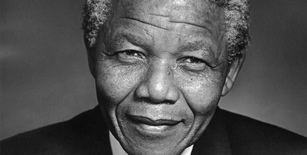
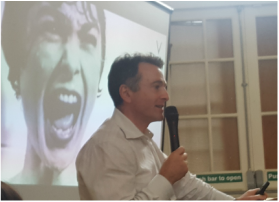

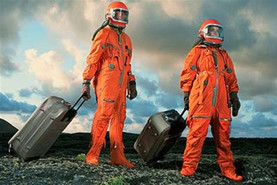
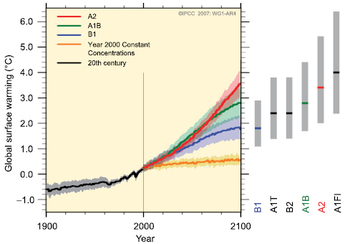
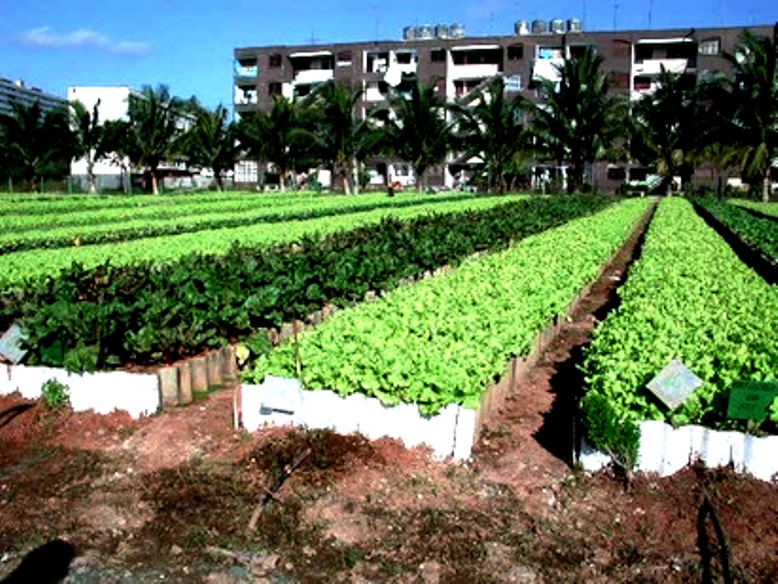
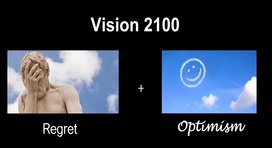
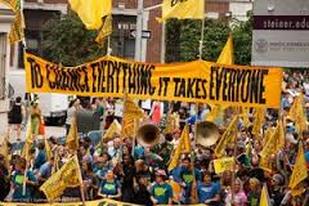
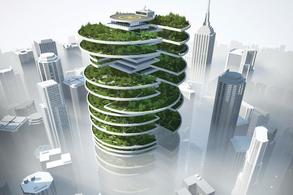
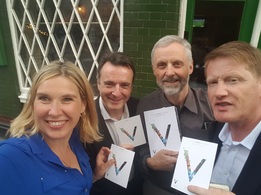
 RSS Feed
RSS Feed
